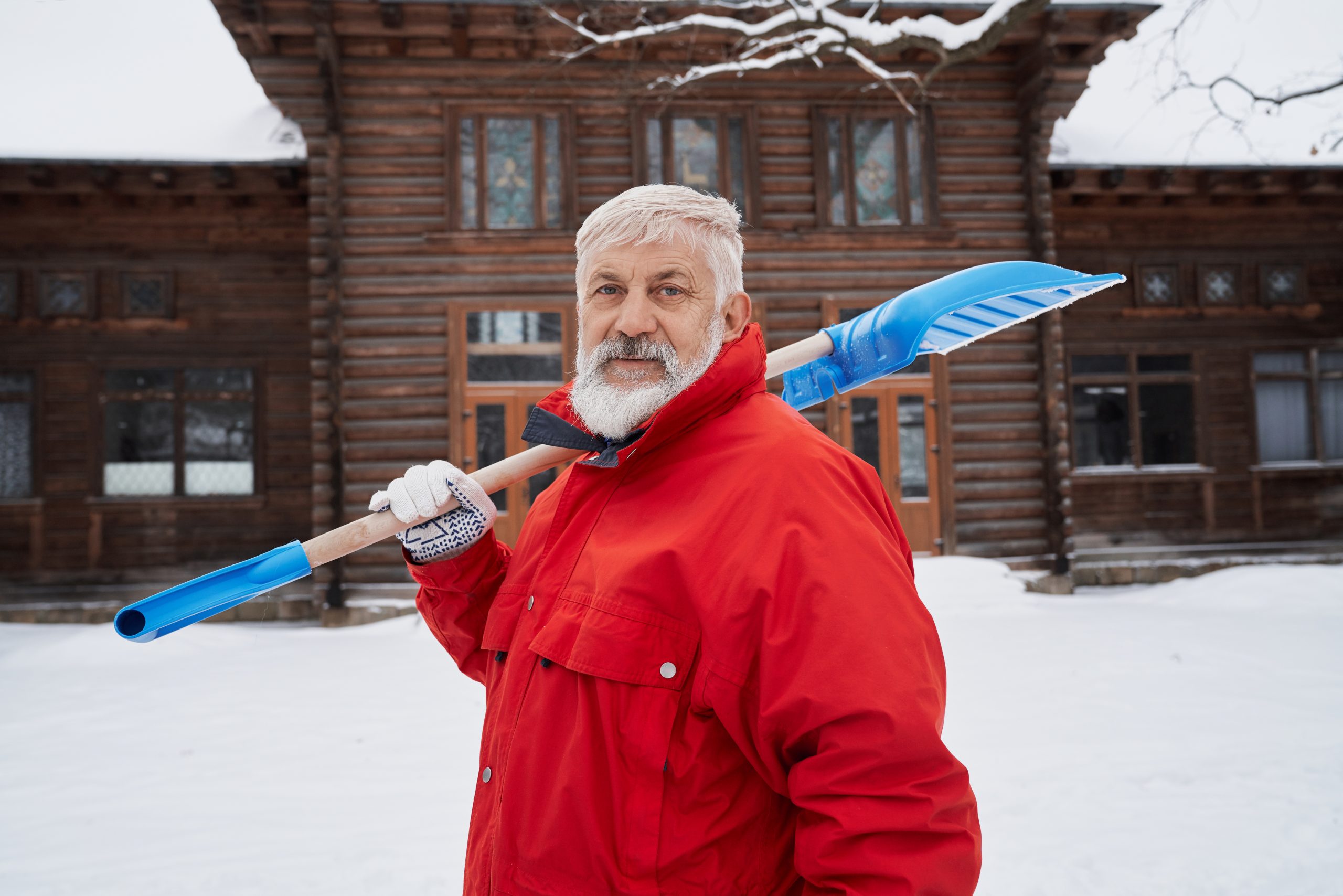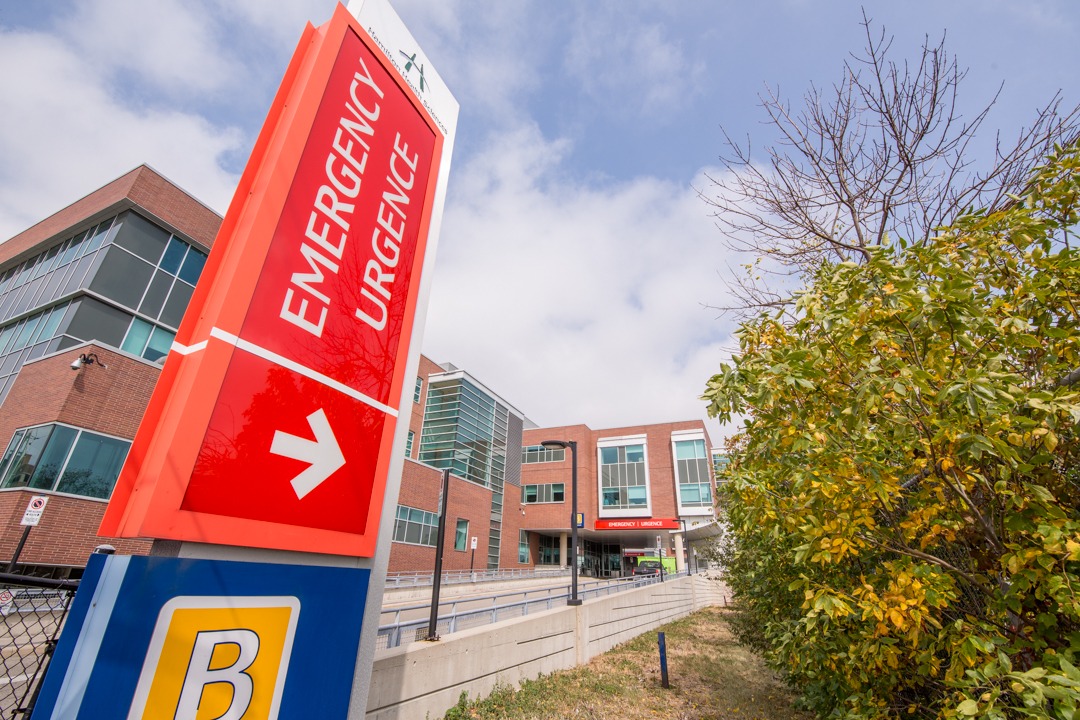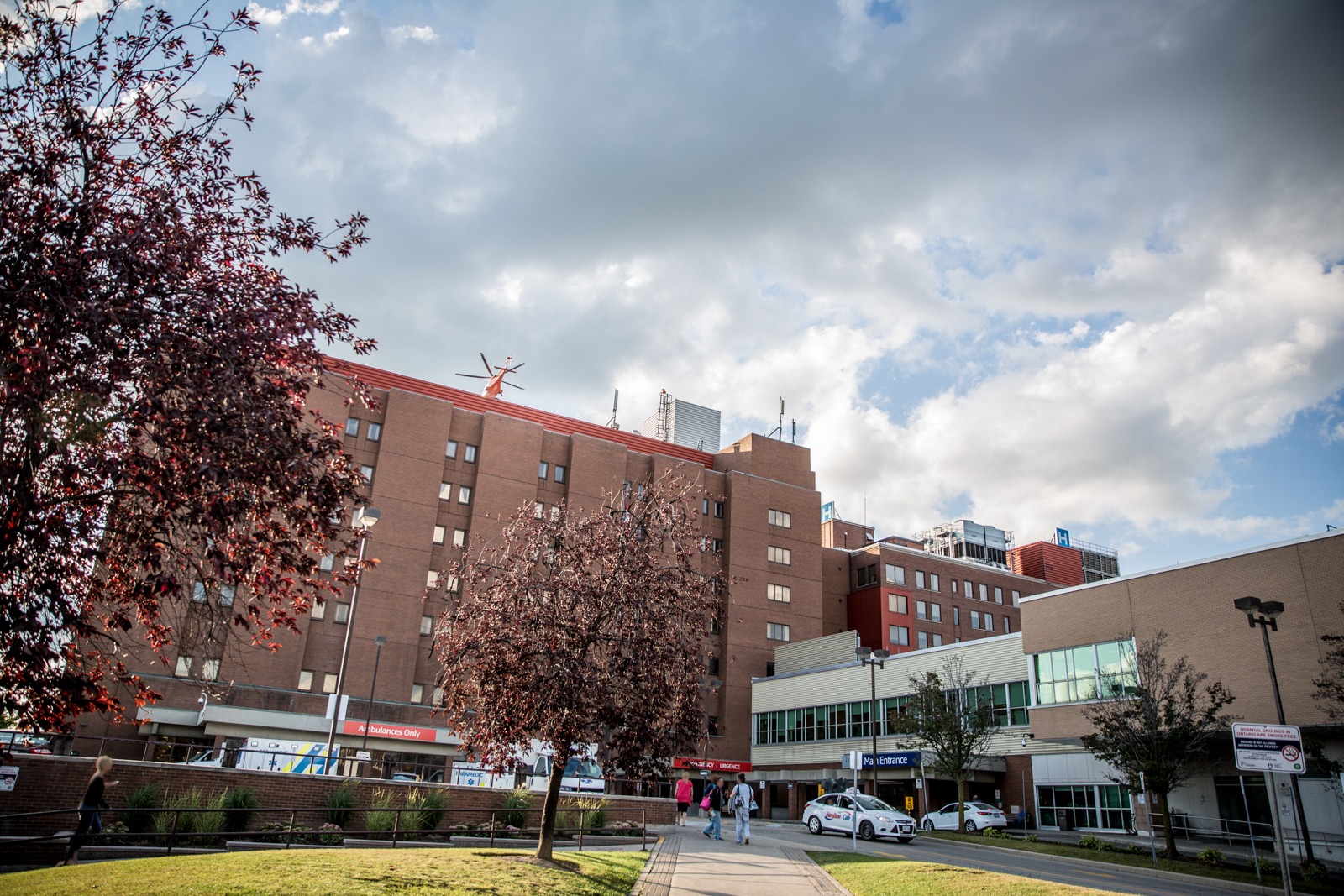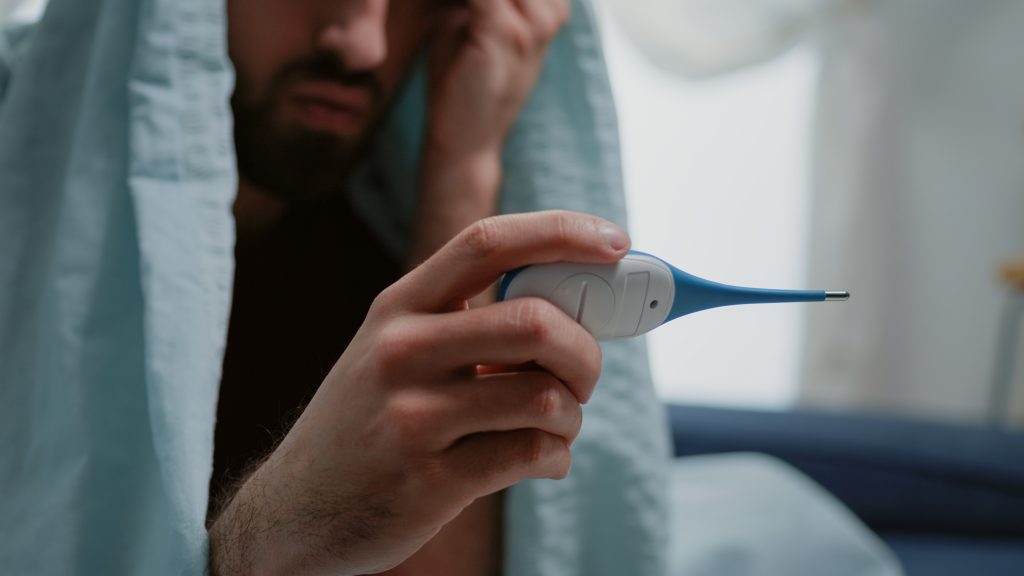
We can all play a role in preventing Emergency Department gridlock
During the pandemic’s first wave two years ago, many people who needed care refused to set foot in their hospital’s emergency department (ED) because they feared catching the mysterious new virus called COVID-19.
Fast forward to today and we’re all too familiar with COVID and its latest variant Omicron. The pandemic is wreaking havoc on the healthcare system with extremely high numbers of COVID-positive patients, and hundreds of healthcare staff away from work due to being ill themselves. The West End Clinic’s Urgent Care Centre also temporarily closed this week so that its staff could be deployed to other Hamilton Health Sciences (HHS) hospital sites.
Know your options
“Two years ago, we saw the impact of patients not coming to the ED when they needed care because they were afraid of COVID,” says Patty Arpino, clinical manager of the ED at HHS’ Hamilton General Hospital (HGH).
“When these patients eventually ended up in the hospital system, they were extremely ill because they didn’t seek help earlier. We don’t want to go back to that situation again.”
“The health care system is under enormous strain right now.”
While it’s vital for people to come to the ED if they need urgent or emergency care, it’s also important that they know when to seek help elsewhere — especially with hospitals under so much pressure.
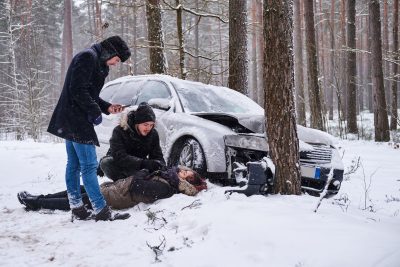
By helping hospital EDs avoid gridlock, we’re helping doctors and nurses focus on patients who are most in need. (Stock photo)
“We need to avoid gridlock in the EDs so that our already stretched resources focus on those most in need,” says Arpino. “Now more than ever we need to keep EDs running smoothly for the people who need our help the most. Our doors are open to everyone with urgent or emergency injuries or illness, however EDs do prioritize the sickest patients such as those experiencing traumatic injuries or those having a stroke or heart attack.”
Gridlock is a term used by hospitals when inpatient beds are full, leaving no room for patients in the emergency department to be moved into a unit.
“Seek care if you need it, but consider the most appropriate pathway.”
City residents are encouraged to visit the NeedADoc.ca website: a made-in-Hamilton solution to help people find guidance on healthcare options based their concerns, including COVID-19.
Avoid high-risk activities and take it easy with shoveling
People can also help hospital EDs manage their workload by practicing caution, especially with this week’s huge dumping of snow.
Snow shoveling, when performed properly, is a great form of moderate physical activity. But for people who aren’t used to exercise, or are using poor technique, it be a major risk for heart attack, back strain or other injuries.
If enjoying winter sports, reduce the risk of injury by wearing the proper protective equipment.
“The health care system is under enormous strain right now,” says Arpino. “Seek care if you need it, but consider the most appropriate pathway. And consider the small ways you can help keep our EDs running smoothly, like avoiding high-risk activities that could bring you through our doors.”

